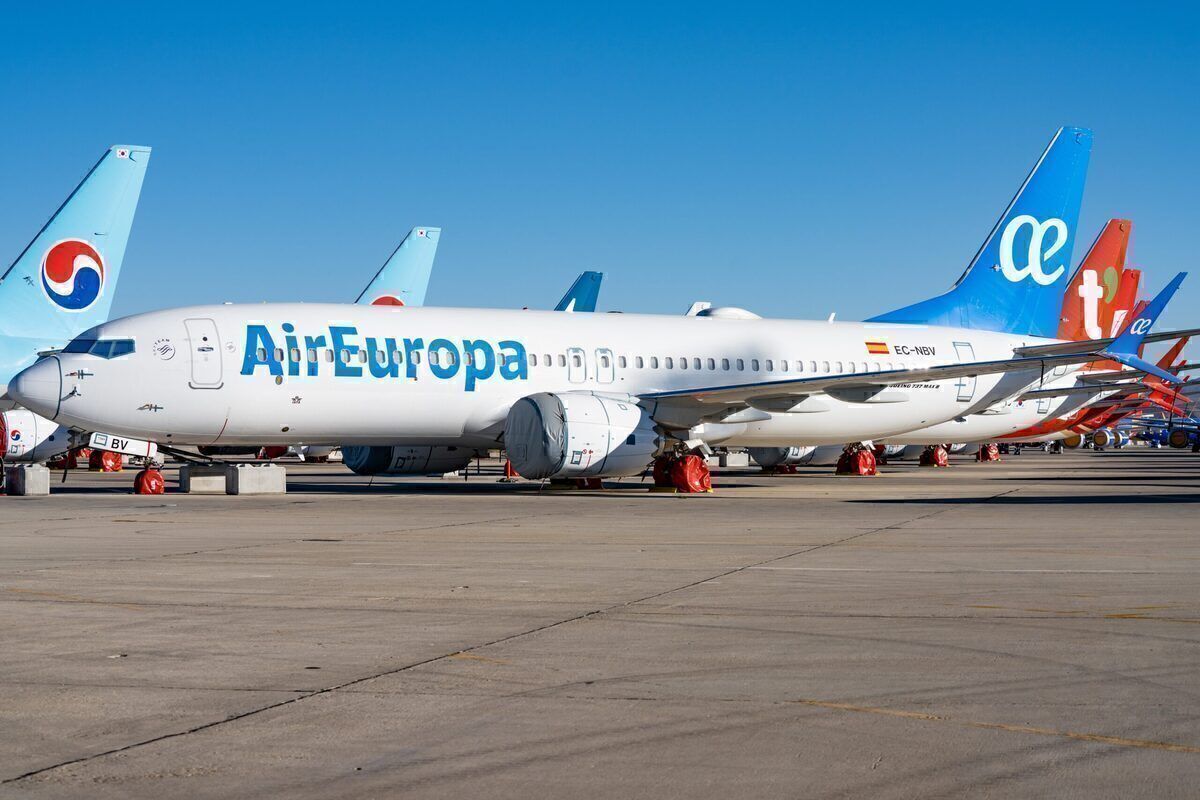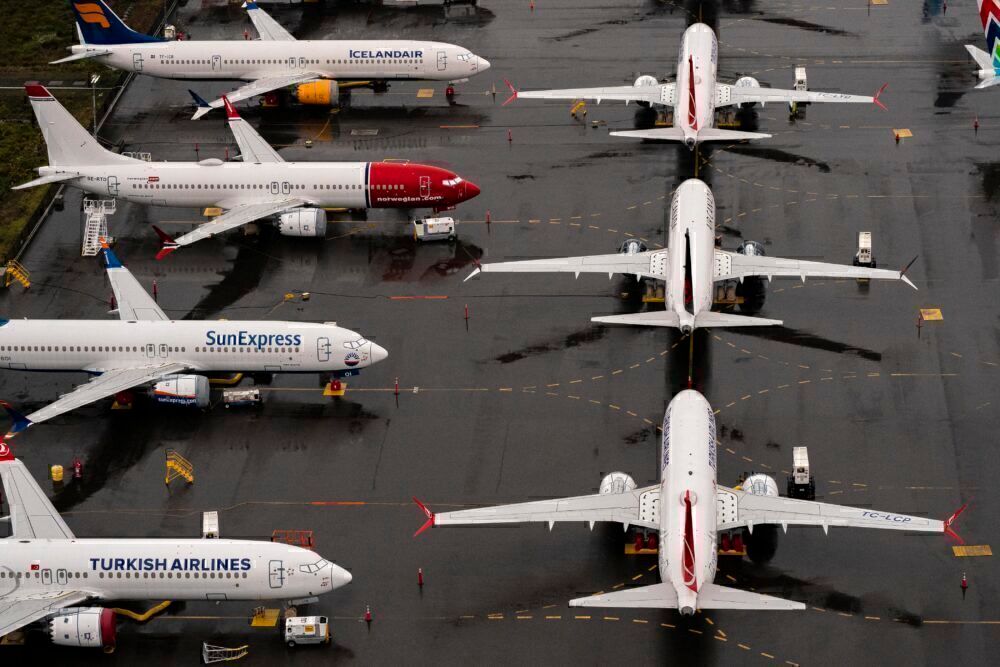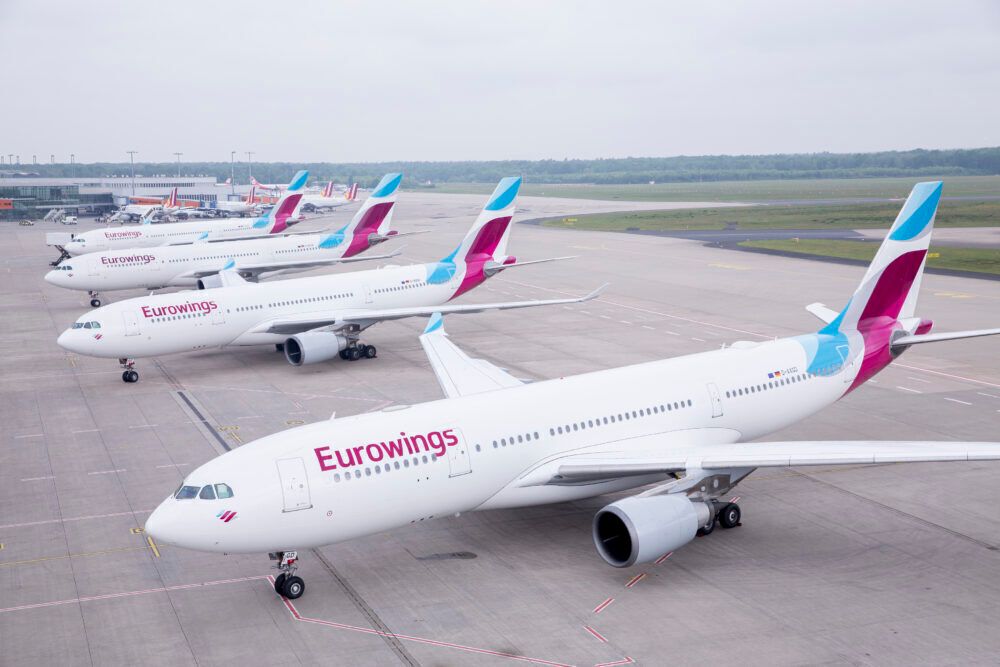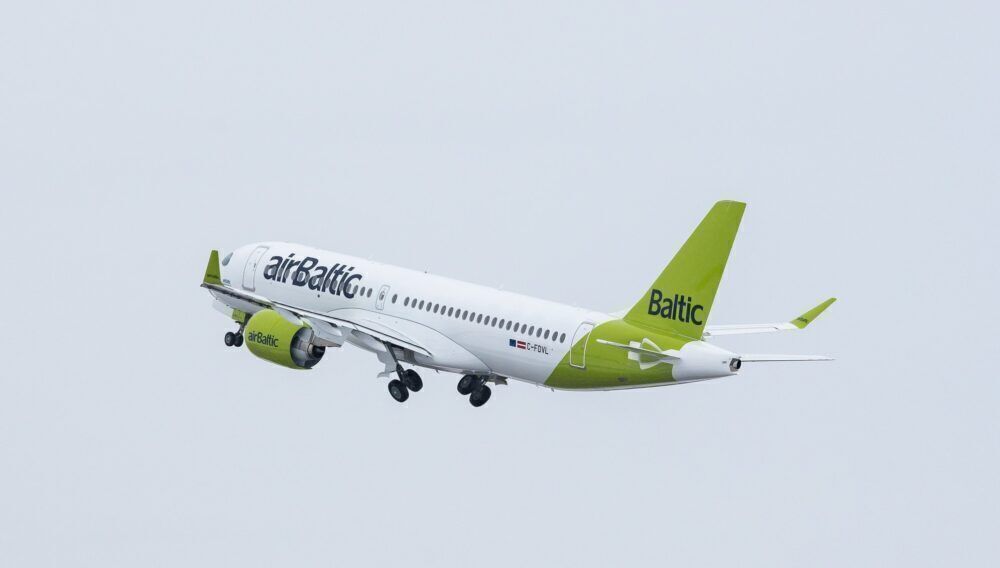The EU has released a new version of the Aviation Health Safety Protocol, which advises relaxing travel restrictions for vaccinated and recovered passengers. The new guidelines recommend exemption from testing and quarantine for those fully vaccinated or recovered from COVID-19.
Relaxed restrictions for vaccinated travelers
The European Union Aviation Safety Agency (EASA) and European Centre for Disease Prevention and Control (ECDC) have released a new Aviation Health Safety Protocol providing updated guidelines for air travel. One notable change is the updated guidelines for vaccinated or recovered passengers.
The updated protocol advises that fully vaccinated or recovered passengers should not require testing or quarantine, other than those coming from high risk or Variant of Concern (VOC) areas.
In a statement, the EASA said,
"People who are fully vaccinated against COVID-19 or who recovered from the disease in the last 180 days should not be subject to testing or quarantine, unless they are coming from an area of very high risk or where a Variant of Concern is circulating."
Andrea Ammon, ECDC Director, said,
“The rollout of COVID-19 vaccination programmes has thankfully allowed for the relaxation of some measures for fully vaccinated travelers. But if measures are relaxed too soon also for non-vaccinated people, then we may see a rapid rise in cases again.
In order to effectively control community transmission of the virus, we need to continue the roll-out of vaccinations and exercise caution until a sufficient proportion of the European population has received their vaccine.â€
This does not mean the end of all testing for those fully vaccinated or recovered. Travelers from high-risk areas or places with a VOC in circulation may still require a negative test result. This could include a Rapid Antigen Detection Test (RADT) taken 48 hours before arrival or a PCR test taken no more than 72 hours before arrival.
Stay informed: Sign up for our daily and weekly aviation news digests.
Aiding recovery for the air industry
In the new guidelines, the EASA and ECDC lay out a framework to ensure "the checking of proof of vaccination or recovery should not create bottlenecks and queues in airport processes." The protocol recommends that vaccination information should be checked once each journey, preferably prior to arrival at the departure airport.
The recommendations laid out in the new protocol are non-binding for EU member states, meaning they are under no obligation to adopt them. Guidelines are subject to change at any time as our understanding of the virus and safety protocols improve.
The updated Aviation Health Safety Protocol explains,
"Current evidence on the protection of prior natural immunity against the known variants of concern (VOCs) and the duration of post-vaccination immunity is relatively limited and this advice may therefore change when further evidence becomes available."
Safety measures should remain robust
While there is clear optimism about vaccination efficacy, the EASA and ECDC stress that non-pharmaceutical safety protocols must remain in place, such as "the wearing of medical face masks, hygiene measures and physical distancing." These measures are recommended on all flights within and outside the EU.
The protocol also advises airlines and airports to get their staff vaccinated by "informing their staff members of the advantages of vaccination and encouraging them as much as possible to take up SARS-CoV-2 vaccination."Â However, the guidelines emphasize that vaccination is not 100% effective and most of the globe is not vaccinated, so conventional safety measures like distancing and hygiene must be observed.
Do you agree that fully vaccinated or recovered passengers should be exempt from quarantine and testing? Let us know what you think in the comments.




